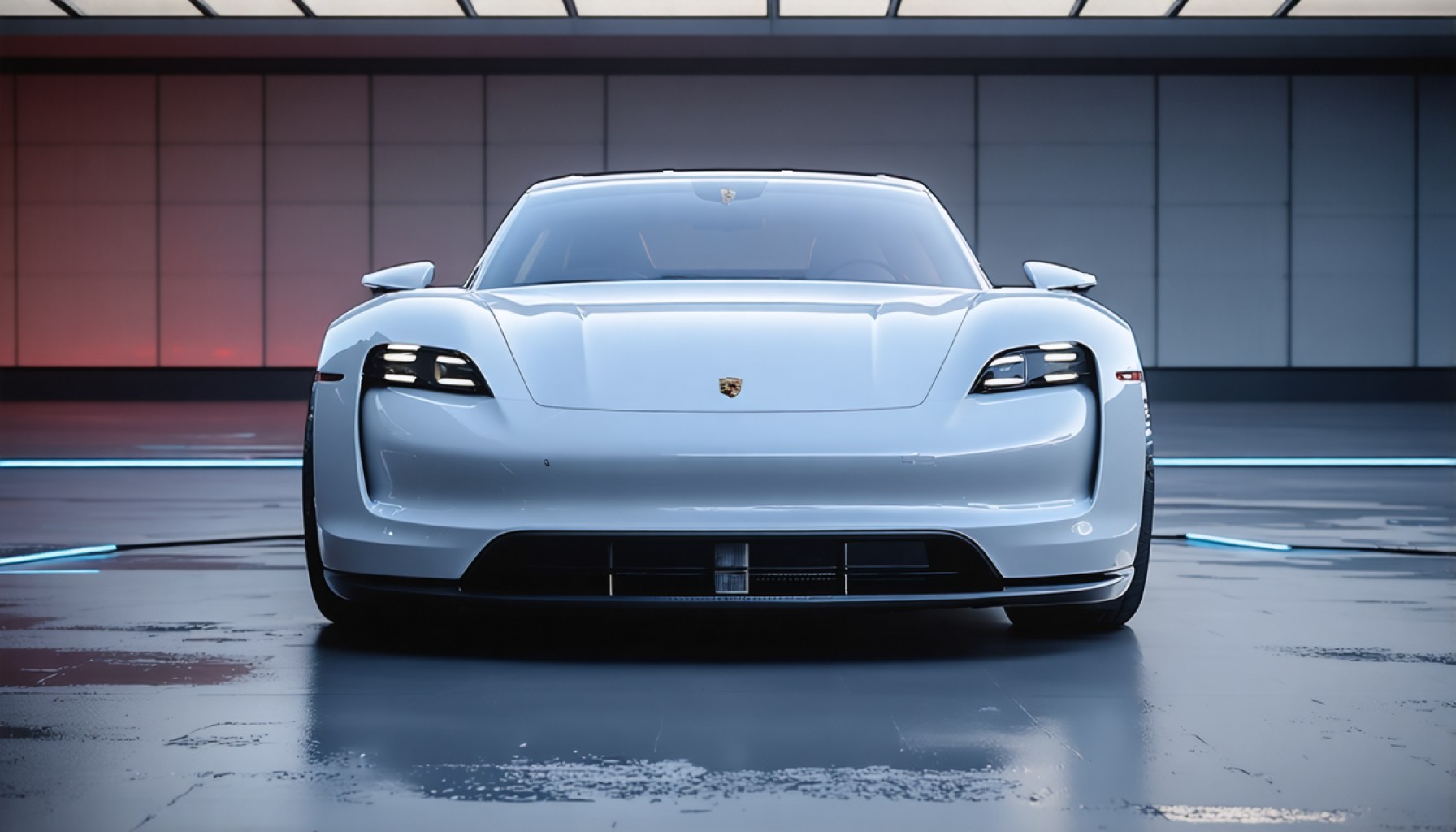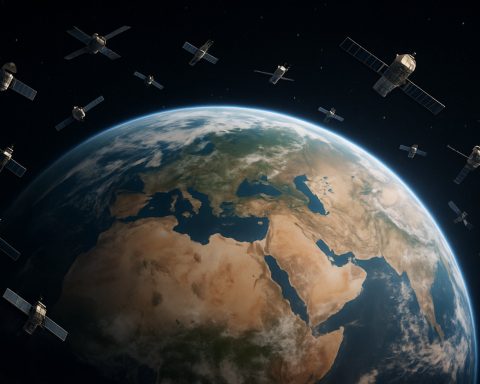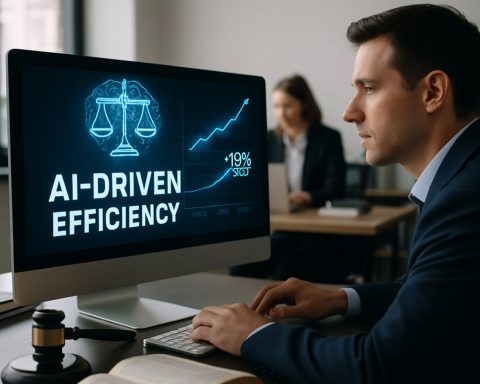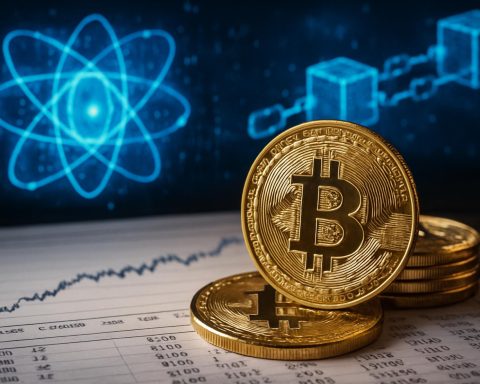- Porsche is integrating sustainability with innovation by recycling electric vehicle (EV) batteries.
- The project aims to extract valuable raw materials such as nickel, cobalt, manganese, and lithium from old batteries for reuse.
- This initiative has already produced 65 tonnes of “black mass,” showcasing technological and sustainable success.
- Recycled materials will be used to create new battery cells, maintaining Porsche’s quality and performance standards.
- The project supports a circular economy and positions Porsche to meet stringent future EU battery regulations.
- Porsche’s efforts reflect a commitment to environmental stewardship without sacrificing luxury or performance.
- The initiative demonstrates Porsche as a leader in the fusion of luxury, innovation, and responsibility in the automotive industry.
The sleek prowess of Porsche, celebrated for its prowess on the asphalt, is carving out new frontiers, not with a ferocious roar of an engine, but with the hum of sustainability. The iconic manufacturer has embarked on a daring journey, weaving sustainability with high-voltage innovation through an ambitious pilot project focused on recycling electric vehicle (EV) batteries—a crucial step in revolutionizing the future of electric mobility.
Imagine a world where defunct EV batteries, oft-maligned as mere waste, are not merely discarded but reborn as vital resources. This vision steers Porsche’s multi-phase pilot project, a meticulously orchestrated operation aimed at reclaiming precious raw materials like nickel, cobalt, manganese, and lithium from worn-out batteries. These elements, vital for the power and efficiency of EVs, are extracted using a method that transforms these old energy cells into “black mass,” a raw granulate poised for alchemical refinement.
Currently, this initiative has yielded an impressive 65 tonnes of “black mass,” representing not only a triumph of technology but a testament to Porsche’s unwavering commitment to sustainable innovation. The process then takes this mass and further separates it into high-purity components, essential for fabricating new high-performance batteries that meet Porsche’s meticulous quality standards.
In an inspiring illustration of a circular economy, Porsche’s plan advances towards a futuristic pinnacle—manufacturing new battery cells infused with a measured amount of recycled content. These cells are slated for rigorous real-world testing in upcoming models, underlining the company’s intention not just to reshape the industry but to do so without compromising an ounce of Porsche’s legendary performance.
Driven by a tenet that binds cutting-edge innovation with environmental foresight, Porsche’s strategy aligns with an anticipated stringency of EU battery regulations expected by 2031, advocating for a significant increase in recycled content and traceability. By spearheading such proactive measures, Porsche not only hedges against the uncertainties of geopolitical material markets but also crafts a resilient blueprint for environmental stewardship.
The underlying takeaway of this initiative highlights Porsche’s enduring ambition to marry luxury with responsibility. By transforming spent batteries into a cornerstone of sustainable advancement, Porsche extends an olive branch to future generations—demonstrating that a legacy of elegance and thrill can coexist with the guardianship of our planet’s resources.
As the rubber meets the road in this new era of conscious engineering, Porsche positions itself not just as a purveyor of vehicles that captivate the senses, but as a custodian of forward-thinking, circular solutions, promising a future where the journey is just as important as the destination.
Electric Evolution: How Porsche is Pioneering Sustainability Through EV Battery Recycling
Unveiling Porsche’s EV Battery Recycling Initiative
Porsche, a name synonymous with high performance and luxury, is setting a revolutionary benchmark by integrating sustainability into the heart of their operations. The iconic automaker is not just setting records on the asphalt; it’s transforming the electric vehicle (EV) landscape through an ambitious pilot project focused on recycling EV batteries.
The Environmental Impact: A Circular Economy in Action
Recycling EV batteries is a leap toward a circular economy, handling one of today’s most pressing environmental challenges. By reclaiming precious metals like nickel, cobalt, manganese, and lithium from used batteries, Porsche is not only reducing waste but also lessening the dependency on new mining operations. This strategy illustrates a visionary step toward reducing the environmental footprint often associated with battery production.
The Technical Journey: From “Black Mass” to High-Performance Batteries
Porsche’s method involves breaking down old batteries into a material called “black mass.” Currently, 65 tonnes of this substance have been successfully processed. The subsequent separation of black mass into high-purity components paves the way for new battery production. This process is central to the automotive industry’s commitment to eco-friendly practices, bolstering battery efficiency while maintaining Porsche’s rigorous performance standards.
Aligning with Future Regulations: EU Battery Directives
As Europe anticipates stricter battery regulations by 2031, Porsche’s initiative is timely, anticipating increased demands for recycled content and traceability in new batteries. By staying ahead of these changes, the company not only ensures compliance but also positions itself as a leader in sustainable innovation.
Real-World Implications and Industry Trends
1. Market Forecasts & Industry Trends:
– The EV battery recycling market is expected to grow significantly, driven by increasing production of electric vehicles and environmental regulations.
2. Pros & Cons Overview:
– Pros: Reduces raw material dependency, minimizes environmental harm, potentially lowers production costs.
– Cons: Requires advanced technology and investment, potential technical challenges in the recycling process.
3. Real-World Use Cases:
– Implementing such sustainable practices across other industries could drastically reduce environmental impacts and boost the circular economy.
Controversies & Limitations
Despite these advancements, the process presents challenges. Recycling technologies must be continually refined to maximize efficiency. Moreover, the scalability of these processes remains a key hurdle to widespread adoption.
Expert Opinions & Reviews
Industry experts have praised Porsche’s initiative as a forward-thinking solution. By bridging the gap between luxury and sustainability, Porsche serves as a case study for other high-end brands looking to adopt similar practices.
Actionable Recommendations
1. For Consumers: Support brands actively engaging in sustainable practices. Consider the recyclability of products as an aspect of quality.
2. For Businesses: Invest in sustainable innovations not merely for compliance but to lead in the emerging eco-conscious market.
3. For Policymakers: Encourage and incentivize R&D in recycling technologies to foster a sustainable future.
Conclusion: The Road to Sustainable Luxury
Porsche’s ambitious EV battery recycling project stands as a testament to their commitment to pioneering sustainability. By merging luxury with responsibility, the company not only enhances its brand value but also sets a precedent for the entire automotive industry. Embrace this change and drive toward a more sustainable future, where performance and environmental stewardship go hand in hand.
Explore more about Porsche’s innovative pursuits on their official site.











